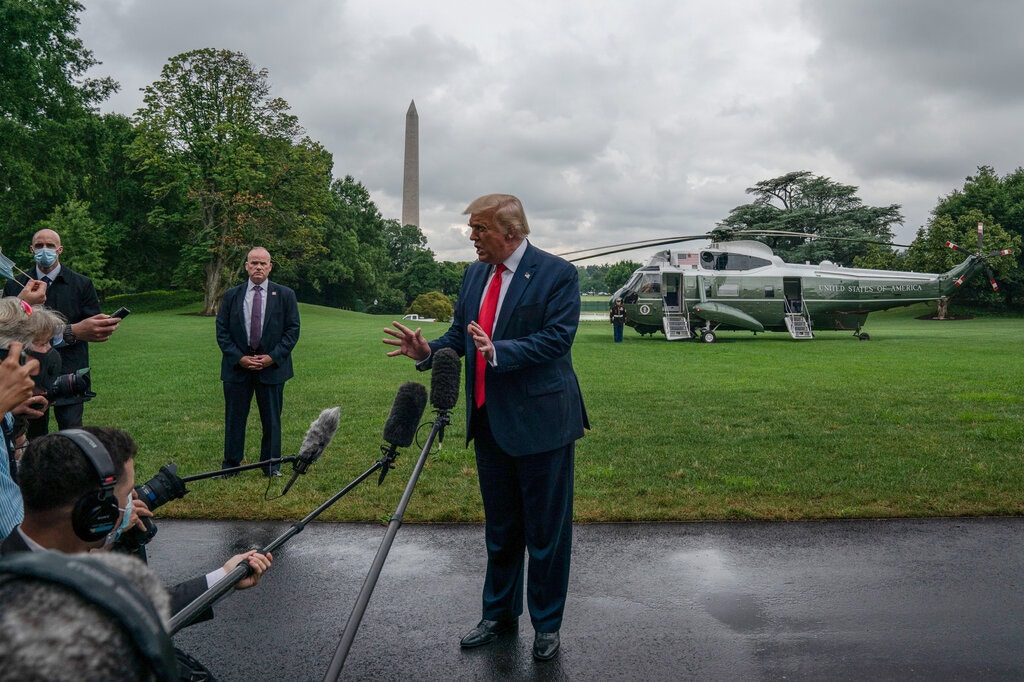
The president’s interventions in company dealings based on his own instincts are a departure from the arm’s-length approach of predecessors of either party.
President Trump campaigned on a promise to run the economy like his business empire. And for almost four years, he has unabashedly wielded the power of the presidency to insert himself into corporate affairs, helping some companies and punishing others in line with his instincts and inclinations.
The latest target of his attention is TikTok, the Chinese-owned social media app under scrutiny for potentially providing the Chinese government with access to American user data. After threatening on Friday to ban the app from the United States, Mr. Trump reversed course, saying he would allow TikTok to keep operating if it were sold to an American owner.
At the White House on Monday, Mr. Trump said that TikTok would be shut down in the United States on Sept. 15 unless Microsoft or another “very American” company purchased it, and that he had told Microsoft’s chief executive in a call over the weekend to “go ahead” with the acquisition.
He also argued that the United States should receive money in return for letting the deal happen, without explaining how that would work. “A very substantial portion of that price is going to have to come into the Treasury of the United States, because we’re making it possible for this deal to happen,” he said.
Given the national security concerns, Mr. Trump had the right to sign off on a plan to mitigate any risks TikTok posed. But the events followed a pattern that Mr. Trump set early on in his presidency, in which some of the world’s most powerful companies have found themselves at his whims.










